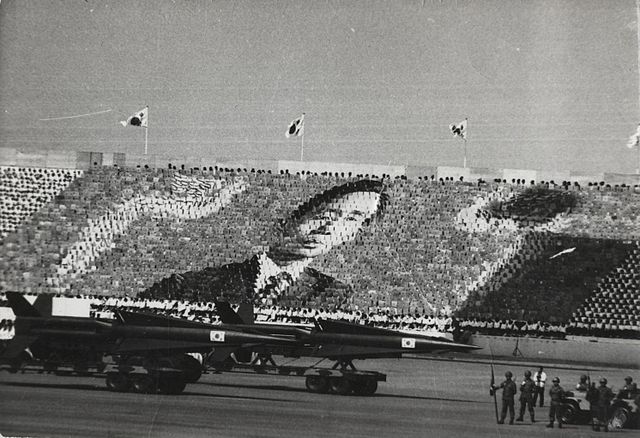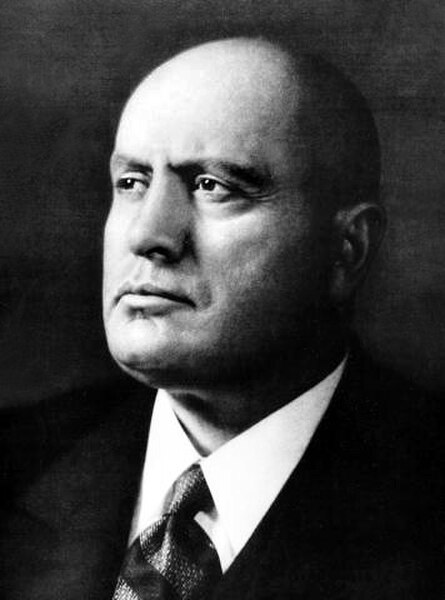A military junta is a government led by a committee of military leaders. The term junta means "meeting" or "committee" and originated in the national and local junta organized by the Spanish resistance to Napoleon's invasion of Spain in 1808. The term is now used to refer to an authoritarian form of government characterized by oligarchic military dictatorship, as distinguished from other categories of authoritarian rule, specifically strongman ; machine ; and bossism.
The Chilean military junta, led by Augusto Pinochet in March 1986
Authoritarianism is a political system characterized by the rejection of democracy, and political plurality. It involves the use of strong central power to preserve the political status quo, and reductions in the rule of law, separation of powers, and democratic voting. Political scientists have created many typologies describing variations of authoritarian forms of government. Authoritarian regimes may be either autocratic or oligarchic and may be based upon the rule of a party or the military. States that have a blurred boundary between democracy and authoritarianism have some times been characterized as "hybrid democracies", "hybrid regimes" or "competitive authoritarian" states.
Honoring South Korean President Park Chung-hee in Army Parade at Armed Forces Day on 1 October 1973
Azerbaijan's President Ilham Aliyev and Venezuela's President Nicolas Maduro on 25 October 2019
Benito Mussolini, the founder of Italian Fascism, called his regime the "Totalitarian State": "Everything in the State, nothing outside the State, nothing against the State."
Kim Il-Sung, founder of North Korea, established an authoritarian regime which was modeled after other totalitarian countries.





